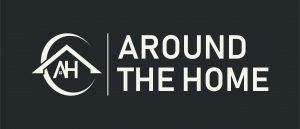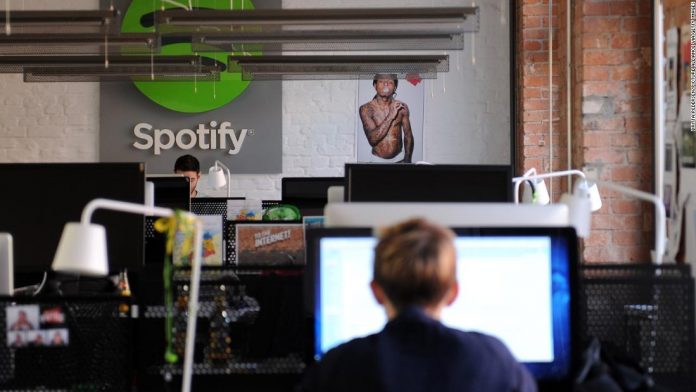The company’s CEO, Daniel Ek, is investing heavily in podcast production and making a play for radio listening while invoking concerns about excessive “screen time.”
On Wednesday he announced two acquisitions, Gimlet and Anchor, and said the company has other deals in the works. All in, Spotify plans to spend $400 to $500 million on the “emerging podcast marketplace” this year, according to the company’s guidance to investors.
The idea is to expand Spotify’s current offerings — betting that this will help retain existing subscribers and spur new subscribers to sign up.
Ek, portraying video as a trillion dollar market and audio as a $100 billion market, said “I always come back to the same question: Are our eyes really worth 10 times more than our ears? I firmly believe this is not the case.”
“With the world focused on trying to reduce screen time, it opens up a massive audio opportunity,” Ek said in a blog post on Wednesday.
Spotify has been leaning in this direction for the past two years, first by adding podcast listening capabilities and funding some original shows.
Around the same time, the company pulled the plug on an effort to make TV-style series.
Apple dominates the podcast industry, but Spotify has established itself as an important platform for podcasters.
And Wednesday’s moves showed just how serious the company is. Gimlet Media, the bigger of Wednesday’s two acquisitions, is a five-year-old podcast studio with shows like “Reply All,” “Conviction” and “Homecoming,” which has been made into a television series on Amazon.
The terms of the deal were not disclosed, but Spotify is reportedly paying about $230 million for Gimlet.
The company said Wednesday that it won’t flip a switch and make Gimlet’s existing shows exclusive to Spotify subscribers, but that Gimlet will be charged with making new shows for those subscribers.
“We want to grow the number of shows that we have,” Ek said in an interview on CNBC Wednesday morning.
The company wants to be both a producer of podcasts and a platform for distributing them — an audio version of the enduring content versus distribution tug of war.
To that end, Wednesday’s other acquisition, Anchor, is a four-year-old provider of podcast-making tools. No purchase price has been reported for that deal.
Ek was clear about his plans for further podcast-related acquisitions this year.
“We’re very much focused on being in audio,” he said on CNBC. “Video is a huge space, it’s got the attention of everyone right now. But we think audio, being almost two hours of consumption per day, is a massive opportunity that no one’s really paying attention to.”
Radio executives agree, but they’ve been hobbled by the digital revolution. The two biggest radio companies in the United States, iHeartMedia and Cumulus, have both been in bankruptcy proceedings in the past year.
Both of those firms have pursued podcasting opportunities too. But there remains a lot of doubt about how profitable the podcast industry can become.
In 2017 IAB, an industry trade group, estimated that podcast ad revenues in the U.S. totaled $314 million — an 86% increase in just one year, but a minuscule dollar amount when compared to radio and television.
Of course, Spotify works differently. Its business is about satisfying paying subscribers.
Ek’s blog post on Wednesday was reminiscent of Netflix’s investor letters several years ago, when that company began a serious push into original programming.
“Ultimately, if we are successful, we will begin competing more broadly for time against all forms of entertainment and informational services, and not just music streaming services,” Ek said. “We welcome this.”





































